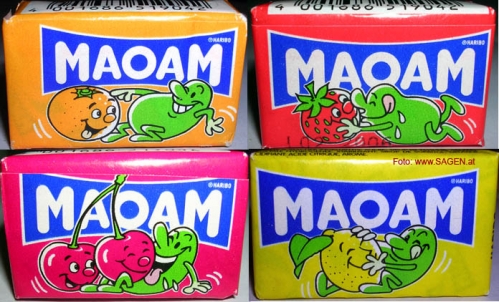Who throws croutons?
Amy got so mad at me she threw a bag of croutons from the kitchen into the living room.
Sorenne was asleep, I was upstairs, but somewhat curious to find my  bag of homemade, delicious croutons under the couch in the morning.
bag of homemade, delicious croutons under the couch in the morning.
The outburst had more to do with the crims next door (10 feet next door) who get raided by the tactical unit every two months (armored vehicles and cops in Ninja suits) and run a diesel generator to power whatever it is they need to power because their electricity was cut off 2 months ago.
But the croutons were innocent bystanders, out because I was about to make a Caesar salad with Romaine or cos lettuce, a huge head for $0.99 (it’s spring in Brisbane).
Lettuce has done far more harm to people than croutons, but it wasn’t handy.
The question of whether to re-wash pre-washed leafy greens comes up continually.
I like the head, and wash the leaves thoroughly. Amy prefers the mix. But did the stuff out for sale at the shops come from bags of prewashed stuff? And does washing do much?
A review paper published in Food Protection Trends, in 2007 contained guidelines developed by a panel of food safety types and concluded:
“… leafy green salad in sealed bags labeled ‘washed’ or ‘ready-to-eat’ that are produced in a facility inspected by a regulatory authority and operated under cGMPs, does not need additional washing at the time of use unless specifically directed on the label.”
The panel also advised that additional washing of ready-to-eat green salads is not likely to enhance safety.
“The risk of cross contamination from food handlers and food contact surfaces used during washing may outweigh any safety benefit that further washing may confer.”
But what if it’s not labeled?
I asked the manager of one of the shops a while ago, should I be washing this stuff in the bins or did it arrive pre-washed.
He said, my wife washes everything whether it says pre-washed or not.
I said I do the cooking.
And then I said a lot of science types say not to rewash pre-washed greens.
He scoffed.
 Consumers are not expected to wash greens at salad bars (that could be messy), so why would they be expected to wash greens, sold like at a salad bar, and in the absence of any labeling?
Consumers are not expected to wash greens at salad bars (that could be messy), so why would they be expected to wash greens, sold like at a salad bar, and in the absence of any labeling?
A table of leafy green related outbreak is available at http://bites.ksu.edu/leafy-greens-related-outbreaks.
Keep the croutons out of it.

 at the Robert Koch Institute. Adult women (median age: 43, range: 1–90 years) were mainly affected.
at the Robert Koch Institute. Adult women (median age: 43, range: 1–90 years) were mainly affected. .jpg) In the first Austin Powers movie, largely a spoof on James Bond flicks, the bad guy enforcer throws a shoe in an attempt to decapitate the hero, Austin ‘Danger’ Powers.
In the first Austin Powers movie, largely a spoof on James Bond flicks, the bad guy enforcer throws a shoe in an attempt to decapitate the hero, Austin ‘Danger’ Powers..jpg) re-exported. CBP Inspectors discovered that the top layer of cartons on each pallet contained small bricks of cheese, as labeled, but the bulk of the cargo contained in the lower tiers of boxes contained only buckets of waste water. As a result, the majority of the four-hundred eleven cartons of cheese from the entry were missing
re-exported. CBP Inspectors discovered that the top layer of cartons on each pallet contained small bricks of cheese, as labeled, but the bulk of the cargo contained in the lower tiers of boxes contained only buckets of waste water. As a result, the majority of the four-hundred eleven cartons of cheese from the entry were missing  Simon Simpkins, a Pontefract, West Yorkshire, U.K. father of two, says
Simon Simpkins, a Pontefract, West Yorkshire, U.K. father of two, says